Unforeseen Dangers of Using Liquid Chlorine in Aquaculture Water Treatment
However, in recent times, shrimp farmers in Southeastern Vietnam and the Mekong Delta have spontaneously switched to using liquid chlorine for disinfecting farming water.
According to experts, many farmers choose liquid chlorine for its easy availability and low cost. However, liquid chlorine is classified as a hazardous chemical, with restricted production and trade, and its use is subject to strict regulations under the Law on Chemicals and the Environmental Protection Law.
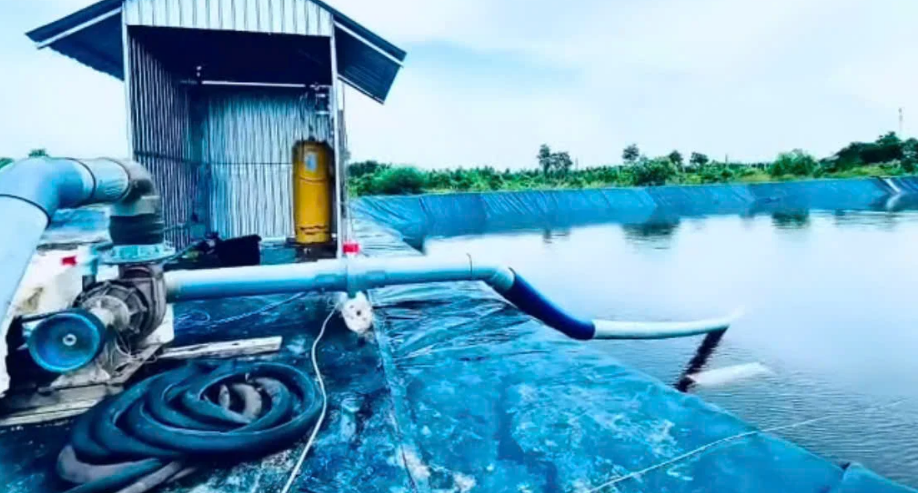
Accordingly, agents, distributors, and end-users of liquid chlorine must register their chemical activities with the relevant state authorities. Liquid chlorine must be stored in specialized containers that are regularly inspected. Storage facilities must meet safety standards, maintain a safe distance from residential areas, and be equipped with an emergency exhaust and treatment system for chemical spills.
In addition, businesses and users of liquid chlorine must annually develop preventive measures, risk assessments, and emergency response plans, including regular drills, and must report their chemical usage to government agencies.
Those directly handling liquid chlorine must be provided with adequate protective gear, be trained in occupational safety, chemical spill response protocols, and emergency procedures.
Experts warn that the unregulated purchase and use of liquid chlorine poses significant risks, especially when sellers do not verify the buyer’s identity or intended use, and buyers themselves often lack awareness of its toxicity and danger, leading to careless application.
A chlorine leak can have devastating consequences — not only economically (mass fish, shrimp, and rice deaths; large-scale environmental pollution) — but also pose a lethal threat to human life within affected areas. Chemical spill cleanup requires high costs and extended recovery time.

The risk is even more alarming because anyone can easily buy liquid chlorine in any quantity, often stored in non-compliant containers, transported using unlicensed vehicles, and applied without proper dosage control.
Experts also warn that chlorine gas was once used as a deadly chemical weapon during World War I due to its high lethality even at low concentrations. For this reason, many countries around the world have classified liquid chlorine as a restricted-use substance.
Source: danviet.vn
Aqua Mina's distributor in Japan: REX INDUSTRIES CO., LTD
- Address: 1-9-3 Hishiya-Higashi, Higashi-Osaka 578-0948 JAPAN
- Email: kimakubo@rexind.co.jp
- Phone: +81-(0)72-961-9893
- Website: http://www.rexind.co.jp/e/
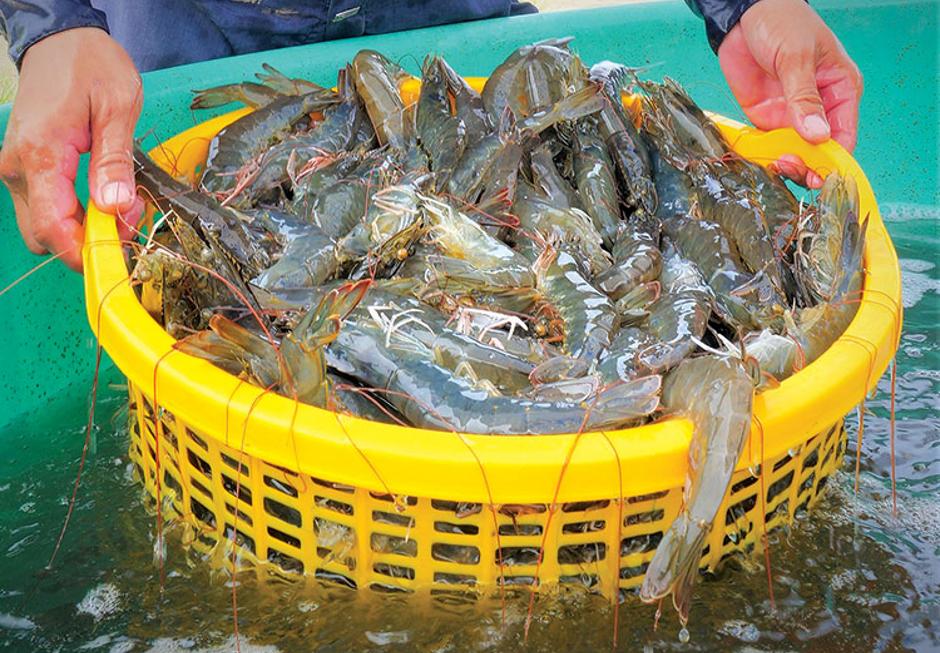
WE WORK FOR YOUR SUCCESS!
Ngày đăng : 25/04/2025
1885 View
Other Articles
Indian shrimp pivot to the EU, increasing competitive pressure on Vietnam
Indoor shrimp farming in Europe: Investment challenges and the race to find a viable model
Shrimp production surged in the first month of the year, with exports benefiting from strong demand during the Lunar New Year holiday
Quang Ninh Accelerates Digital Transformation in Shrimp Farming, Rising to Lead Northern Vietnam
Lucky money is not just about cash — it’s Aqua Mina’s wish for a worry-free farming season for our valued customers
Việt Nam's top 10 seafood exporters command nearly one-fifth of industry revenue
Ca Mau Maintains Its Shrimp Brand in International Competition
VIETSHRIMP ASIA 2026 & AQUACULTURE VIETNAM 2026 – A TURNING POINT FOR THE MODERN SHRIMP FARMING INDUSTRY
Ecuador's shrimp industry educational program SustainED kicked off its 2026
An Giang will start raising brackish water shrimp as early as the beginning of 2026
Aqua Mina conducts the on-site installation of two aquaculture air blowers | Ceramic Ball Bearing – 15 kW – 25 kPa for a customer in Quang Ninh
Towards Building Brand Value for the Shrimp Industry








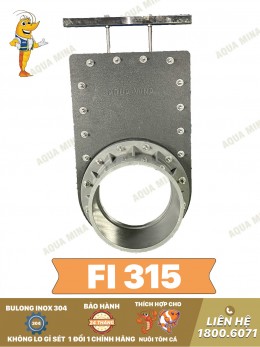
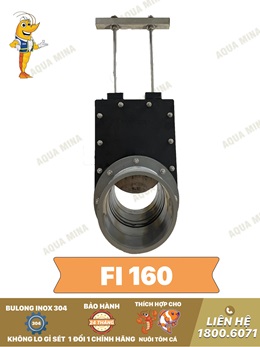
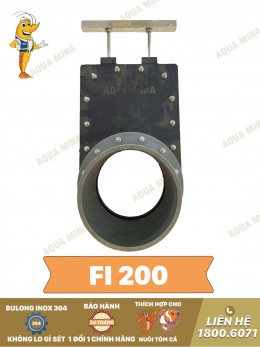
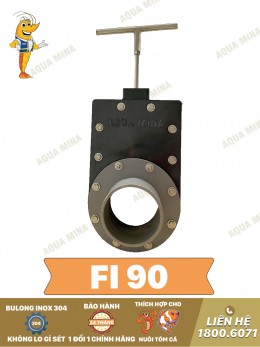
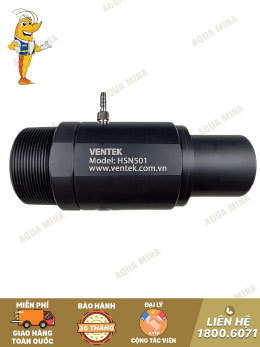
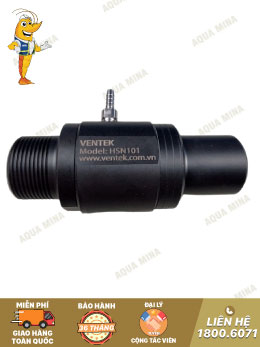
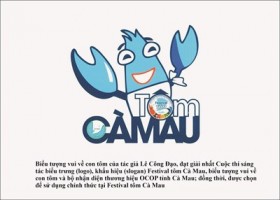
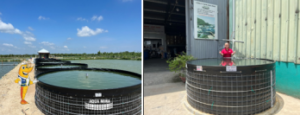
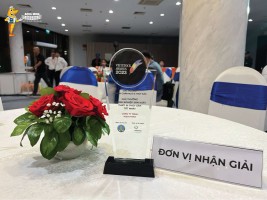
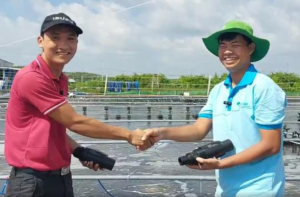
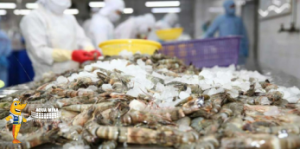
.jpg)